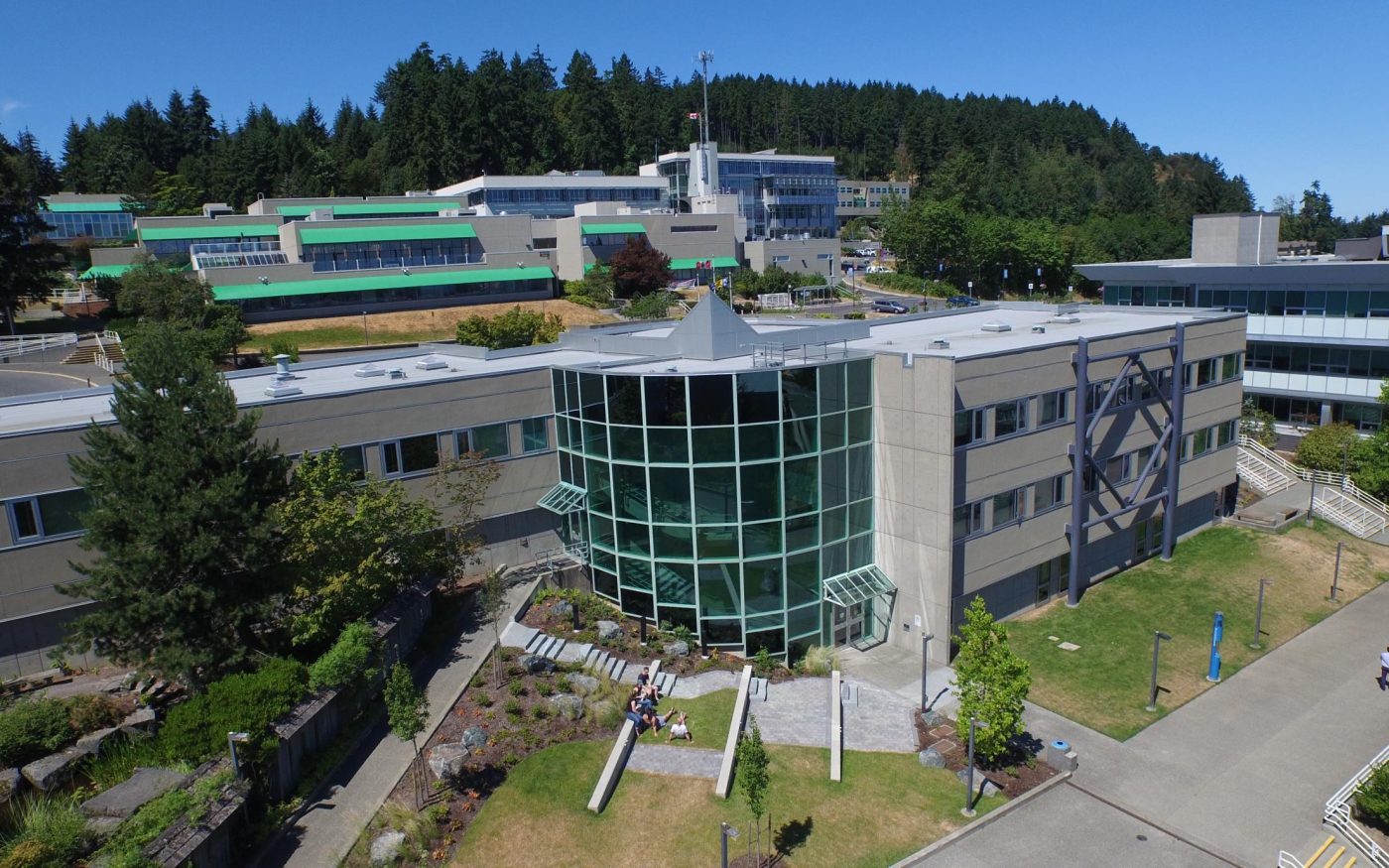
Home > Study in Canada > Vancouver Island University - Nanaimo Campus > Diploma in Fisheries and Aquaculture Technology (Co-op)
Diploma in Fisheries and Aquaculture Technology (Co-op)
 Vancouver Island University - Nanaimo Campus, Canada
Vancouver Island University - Nanaimo Campus, Canada

CAD 29367
Annual Tuition Fee

CAD 153
Application Fee

24 months
Duration

6.5
IELTS

88
TOEFL

60%
Min GPA
Program Overview
Are you ready for a career that satisfies your love for the environment and gets you outside in the field, conserving and enhancing aquaculture in lakes, rivers and the ocean? Vancouver Island University’s close proximity and relationship with Fisheries and Oceans Canada have developed the Fisheries and Aquaculture Technology program into one of the best of its kind.
Students receive expert instruction from leading aquaculture specialists fishery officers and marine biologists and take part in a hands-on practicum experience, spending more than a quarter of their training out in the field. There are numerous special awards specifically for Fisheries and Aquaculture students, ranging in value from $300 to $2,500.
The Fisheries and Aquaculture Technology Diploma Program
The program is designed to develop well-rounded technologists with a broad background in the practical and academic skills of fish and invertebrate culture, fisheries habitat and fish stock assessment, wild stock management, and environmental control and planning.
Both the “why” and “how” are presented through formal lectures and practical experience. The selection of program material is designed to give a broad theoretical background to provide flexibility, as well as foster a professional attitude toward a future career. Students will spend approximately 25 per cent of their time on “hands-on” fisheries and aquaculture projects on- and-off campus.
The first year provides a foundation in such basic conceptual areas as statistics, biology, English, habitats of fish and fish rearing methods. There is a weekly practicum, in which students are sent into the field for a day to work in various aquacultural or fisheries facilities (salmonid hatcheries, spawning channels, wild fish projects, oyster farms, invertebrate hatcheries and others), and students also work one half day each week on aquaculture or fisheries field projects on campus or in the field. Many courses also involve significant field experience. Over the two years this practical work experience exposes students to a wide variety of activities, and introduces them to the facilities, organizations and personnel important in their future careers.
Students will work in fisheries or aquaculture summer jobs between their first and second year. Assistance in finding jobs is provided by VIU Faculty and staff, and students will receive credit for the summer practicum courses on completion of required written reports and oral presentation.
In the second year, students are exposed to more advanced and specialized topics in fisheries and aquaculture. These include engineering courses for both fisheries (hydrology with a stream surveying component) and aquaculture (e.g., hydraulics and hatchery design), as well as special courses in aquaculture. There is a special field course on practical limnology in which students work and live, for a week, on the shores of a remote lake under flycamp conditions. Both the second-year weekly practicum and project courses may be designed by the student to emphasize areas of special interest.
Additional Information
Program Level UG Certificate / Diploma
College/University Processing Time 30 Days
Program Format Full-Time
General Admission Requirement
- IELTS
- Minimum Overall Score - 6.5 - With No Band Less Than - 6
- TOEFL
- Minimum Overall Score - 88 - With no score less than - 20
- PTE
- Minimum Overall Score - 60.0 Minimum Listening - 60.0 Minimum Reading - 60.0 Minimum Writing - 60.0 Minimum Speaking - 60.0
- DUOLINGO
- Minimum Overall Score - 125.0
Academic Requirement
- Minimum Level of Education Required: To be accepted into this program, applicants must have Grade 12 / High School Diploma or equivalent including the following required course(s):
- A minimum “C” grade in one of Precalculus 11, or Foundations of Mathematics 11, or equivalent.
- Life Sciences 11 with a minimum “C” grade, or equivalent.
Similar Programs
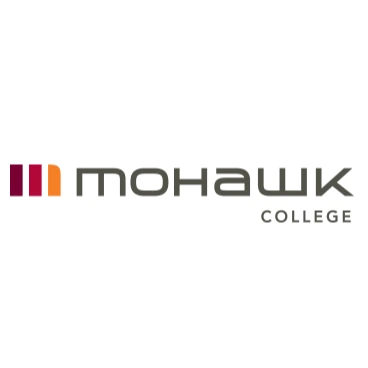

Mohawk College - Fennell Campus
Intake Jan 2026
Sep 2025

Application Fee

Duration
Test Score
6
IELTS
80
TOEFL
65
Min GPA


Mohawk College - Fennell Campus
Intake Jan 2026
Sep 2025

Application Fee

Duration
Test Score
6
IELTS
80
TOEFL
65
Min GPA


British Columbia Institute of Technology - Burnaby Campus
Intake
Sep 2025

Application Fee

Duration
Test Score
6.5
IELTS
86
TOEFL
60
Min GPA


British Columbia Institute of Technology - Burnaby Campus
Intake
Sep 2025

Application Fee

Duration
Test Score
6.5
IELTS
86
TOEFL
60
Min GPA


British Columbia Institute of Technology - Burnaby Campus
Intake
Sep 2025

Application Fee

Duration
Test Score
6.5
IELTS
86
TOEFL
60
Min GPA


British Columbia Institute of Technology - Burnaby Campus
Intake
Sep 2025

Application Fee

Duration
Test Score
6.5
IELTS
86
TOEFL
60
Min GPA


British Columbia Institute of Technology - Burnaby Campus
Intake
Sep 2025

Application Fee

Duration
Test Score
6.5
IELTS
86
TOEFL
60
Min GPA


British Columbia Institute of Technology - Burnaby Campus
Intake
Sep 2025

Application Fee

Duration
Test Score
6.5
IELTS
86
TOEFL
60
Min GPA


British Columbia Institute of Technology - Burnaby Campus
Intake
Sep 2025

Application Fee

Duration
Test Score
6.5
IELTS
86
TOEFL
60
Min GPA


British Columbia Institute of Technology - Burnaby Campus
Intake
Sep 2025

Application Fee

Duration
Test Score
6.5
IELTS
86
TOEFL
60
Min GPA


British Columbia Institute of Technology - Burnaby Campus
Intake
Sep 2025

Application Fee

Duration
Test Score
6.5
IELTS
86
TOEFL
60
Min GPA


British Columbia Institute of Technology - Burnaby Campus
Intake
Sep 2025

Application Fee

Duration
Test Score
6.5
IELTS
86
TOEFL
60
Min GPA


British Columbia Institute of Technology - Burnaby Campus
Intake
Sep 2025

Application Fee

Duration
Test Score
7
IELTS
90
TOEFL
60
Min GPA


British Columbia Institute of Technology - Burnaby Campus
Intake
Sep 2025

Application Fee

Duration
Test Score
6.5
IELTS
86
TOEFL
60
Min GPA


British Columbia Institute of Technology - Burnaby Campus
Intake
Sep 2025

Application Fee

Duration
Test Score
6.5
IELTS
86
TOEFL
60
Min GPA


British Columbia Institute of Technology - Burnaby Campus
Intake
Sep 2025

Application Fee

Duration
Test Score
6.5
IELTS
86
TOEFL
60
Min GPA


British Columbia Institute of Technology - Burnaby Campus
Intake
Sep 2025

Application Fee

Duration
Test Score
6.5
IELTS
86
TOEFL
60
Min GPA


British Columbia Institute of Technology - Burnaby Campus
Intake
Sep 2025

Application Fee

Duration
Test Score
6.5
IELTS
86
TOEFL
60
Min GPA


British Columbia Institute of Technology - Burnaby Campus
Intake
Sep 2025

Application Fee

Duration
Test Score
6.5
IELTS
86
TOEFL
60
Min GPA
.png)

Algonquin College - Ottawa Campus
Intake Jan 2026, Sep 2026
May 2025, Sep 2025

Application Fee

Duration
Test Score
6
IELTS
80
TOEFL
50
Min GPA
Tuition Fee
The values given below are estimated figures, excluding extra charges like material fee, student activity fees, athletic fees, health care, etc., for courses. To know more, please visit the Programs page.
Average Tuition Fee Per Year
29367
Tuition Fee
(CAD)
CAD 153
Application Fee
(CAD)
11400 Per year
Average Cost of Living
(CAD)
The living costs include the total expenses per month, covering accommodation, public transportation, utilities (electricity, internet), books and groceries.
Check program website for more information about funding options.
Not sure what you are looking for?
Don’t worry, we are here to help.
Popular Universities to Study Abroad
World class education waiting for you.
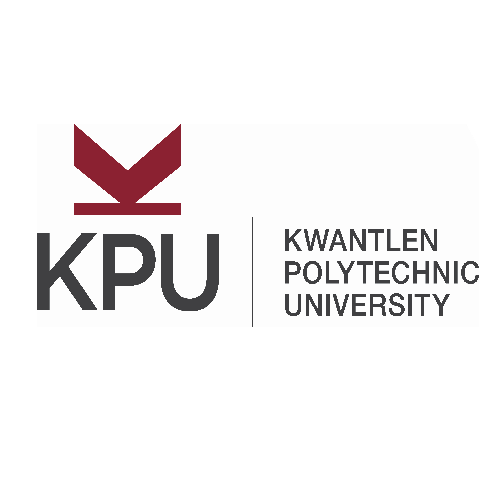
British Columbia, Canada • 68 Programmes
Tuition Fee : CAD 14500 - 24500 / year
.png)
British Columbia, Canada • 5 Programmes
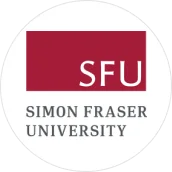
British Columbia, Canada • 10 Programmes
Tuition Fee : CAD 35000 - 36000 / year
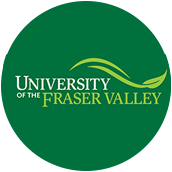
British Columbia, Canada • 80 Programmes
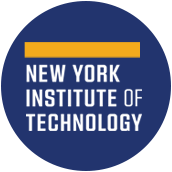
British Columbia, Canada • 6 Programmes
Top Places To Study In Canada
Province wise Popular university and colleges for Studying abroad.
- Universities in Alberta
- Universities in British Columbia
- Universities in Manitoba
- Universities in New Brunswick
- Universities in Newfoundland and Labrador
- Universities in Nova Scotia
- Universities in Ontario
- Universities in Prince Edward island
- Universities in Quebec
- Universities in Saskatchewan
- Universities in Yukon Territory
Popular English Language Proficiency Exams
Blogs and Articles
Study in Canada Blogs & Articles
Updated on • Jan 24,2025 10:50 AM IST • Study in Canada
Canada Student Visa Interview Questions
Updated on • Jan 23,2025 12:16 PM IST • Study in Canada
Updated on • Dec 05,2024 05:04 PM IST • Study in Canada
Best Cities to Study in Canada
Updated on • Nov 21,2024 05:23 PM IST • Study in Canada
Study intakes in Canada - Fall, Winter & Summer
Updated on • Oct 03,2024 12:51 PM IST • Study in Canada
New Rules & Regulations in Canada for International Students
Updated on • Aug 31,2024 03:19 PM IST • Study in Canada
Public Transportation in Canada for International students
Updated on • Aug 29,2024 05:08 PM IST • Study in Canada
Healthcare in Canada for international students
Updated on • Aug 27,2024 05:12 PM IST • Study in Canada
LLB in Canada for Indian Students After 12th
Updated on • Jun 28,2024 05:48 PM IST • Study in Canada
Benefits of 1+1 Programs in Canada
Updated on • Jul 12,2024 04:06 PM IST • Study in Canada
Increase your CRS Score with 1-year Master's in Canada
Updated on • Jun 11,2024 05:53 PM IST • Study in Canada
Hotel Management Courses in Canada: Top Universities & Available Scholarships
Updated on • May 31,2024 05:57 PM IST • Courses in Canada
Management Courses in Canada: Universities, Fees, Requirements, Scholarships & Jobs
Updated on • May 28,2024 01:39 PM IST • Study in Canada
Updated on • May 24,2024 04:49 PM IST • Study in Canada
Top Universities For Computer Science Courses in Canada
Updated on • May 28,2024 11:02 AM IST • Study in Canada
Increase Your PGWP Duration with 2 Years of Study in Canada
Updated on • May 22,2024 10:58 AM IST • Study in Canada
Canada Increases Off-Campus Working Hours for International Students
Updated on • May 22,2024 05:48 PM IST • Study in Canada
Student Education Loan to Study in Canada - Eligibility, Documents Required, How to Apply
Updated on • May 18,2024 03:27 PM IST • Education Loans
Teaching Courses in Canada for Indian Students
Updated on • May 17,2024 11:26 AM IST • Study in Canada
Universities in Canada for International Students
Updated on • May 14,2024 11:49 AM IST • Study in Canada









